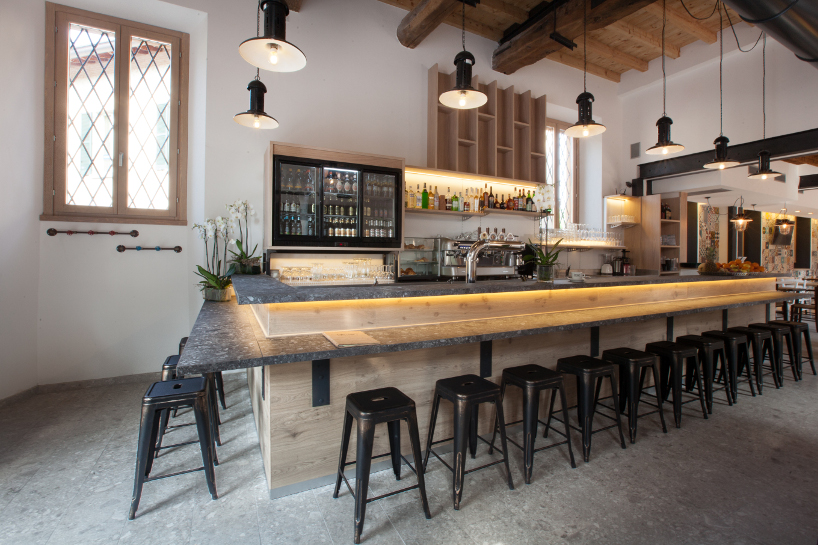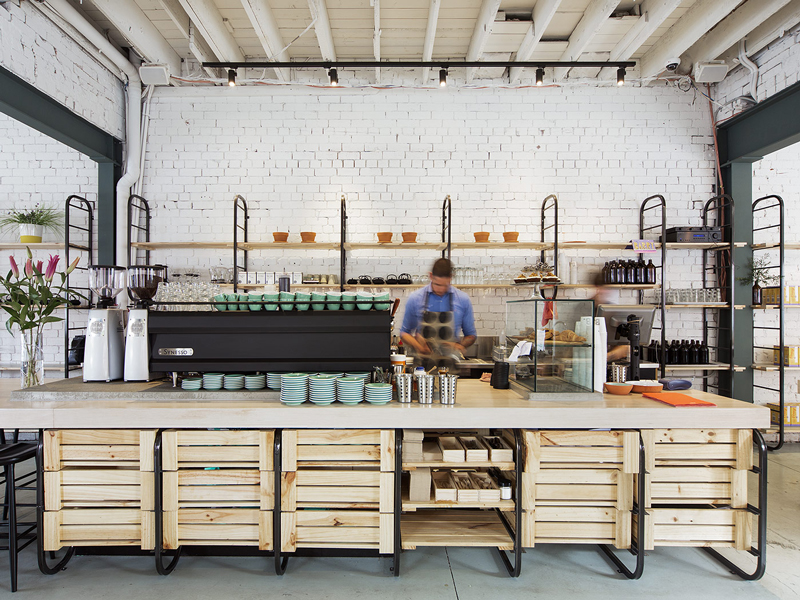If you’re thinking about Restaurants For Sale, you might be wondering how much it’s worth. And if you are, congratulations: you’re not alone. Many Restaurants For Sale owners face this same question when they take their business to market. That’s because valuing a restaurant is an art, not a science—and every sale has its own unique challenges and opportunities.
A restaurant’s risk.
When you buy a restaurant, it’s important to consider the risk. The risk of a restaurant is the amount of money you could lose if your restaurant fails. It also includes any other factors that can affect your ability to sell the business, such as:
- the condition of the building (is it in need of repairs?)
- the number of years left on its lease (do they expire soon?)

A restaurant’s profit and expense history.
Once you have a good idea of How To Value A Business, it’s time to look at what kind of profit and expense history the business has. The profit-and-loss statement will show whether or not a restaurant is making money, and if so, how much.
If there are no financial statements in place for this business, you may be able to ask for information about these things from other restaurants owned by the same person or group. If those numbers don’t work out well enough, then consider getting some outside help from an accountant who specializes in restaurants.
A restaurant’s net cash flow.
Net cash flow is the difference between revenue and expenses. It represents the amount of money a business has available to pay its creditors and investors. Net cash flow is more accurate than revenue because it takes into account the true cost of running a restaurant, including:
- Property taxes
- Inventory costs
- Food costs (which include ingredients)
A restaurant’s staff, suppliers, and landlord relationships.
The value of a restaurant is determined by its ability to generate revenue for its owner and pay the bills. How much money does the business make? What expenses does the company have?
While these questions are obvious, there are other factors that can be overlooked when considering how to sell a restaurant. A business’s success depends on more than just having great food and service—it also requires strong relationships with key stakeholders like staff, suppliers and landlords. If you want to maximise your investment potential as you sell your restaurant, it’s important to consider how well your relationships are maintained during this process.
The value of the real estate that a restaurant occupies.
The value of the real estate that a restaurant occupies is one of the most important pieces of information for a buyer to understand. The location, building, and parking situation are all factors that contribute to how much money can be made from renting out space at your restaurant. The condition in which you leave it will also affect how much potential profit you leave on the table for someone buying your business.
The first thing to understand when considering this part of your business’s value is that location matters more than anything else when determining what type of property will be available in any given area. For example, if there is no other restaurant nearby, then it may make sense to build something larger with higher ceilings so you can fit more tables or booths inside because otherwise, people won’t come to visit because they don’t have any other options nearby. But if there are lots of similar restaurants within walking distance, then perhaps having several smaller rooms might be preferable since each one could have its own theme.
Conclusion
When it comes down to it, restaurants are no different than any other business. Restaurants For Sale require careful management and attention to detail. If you’re considering selling your restaurant but aren’t sure if it’s worth the price tag, we recommend talking with an experienced business broker who can help you make the right decision for your future.



